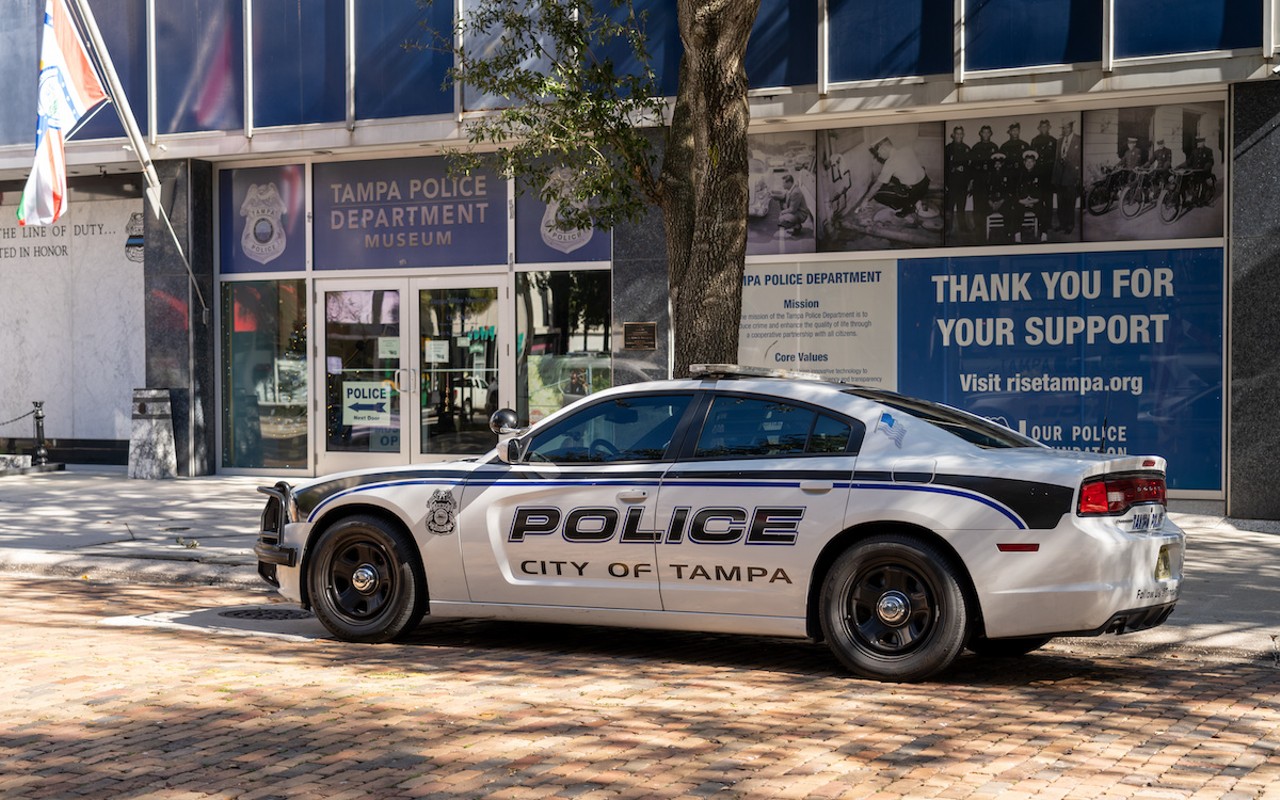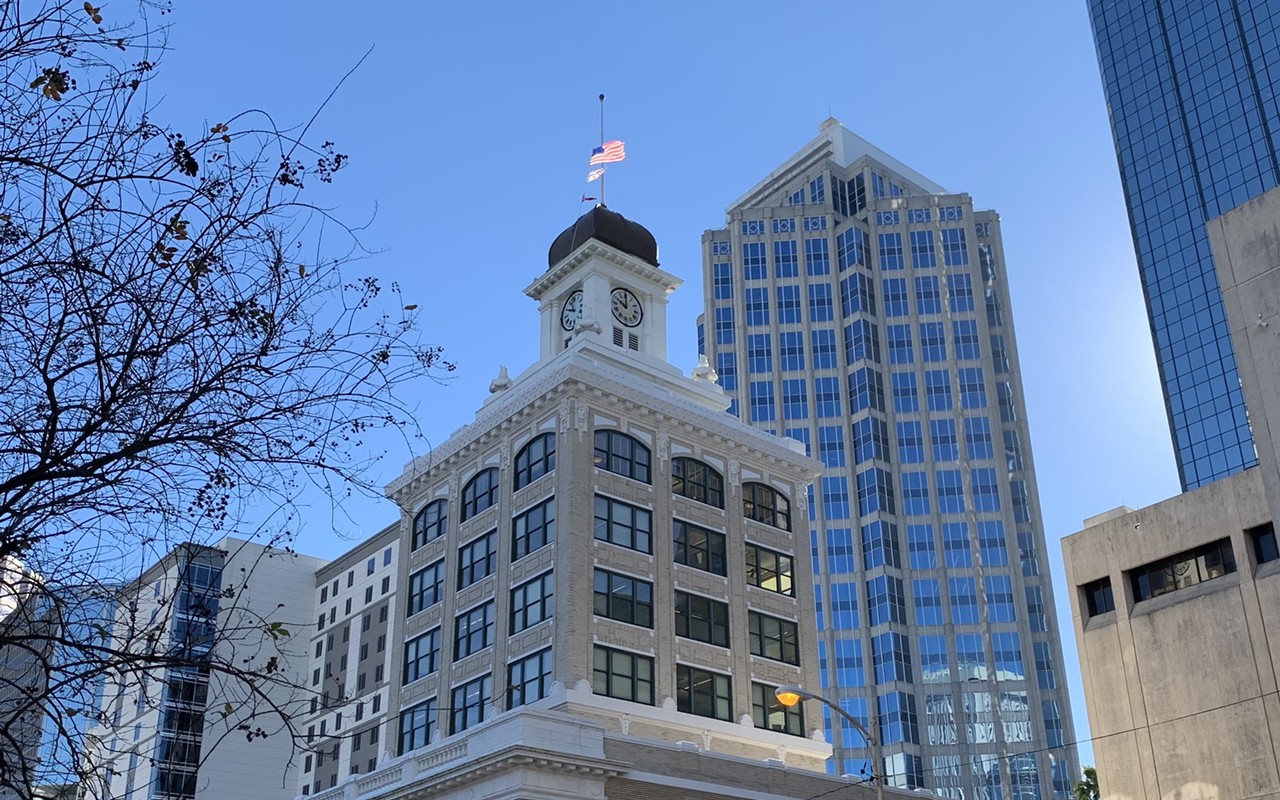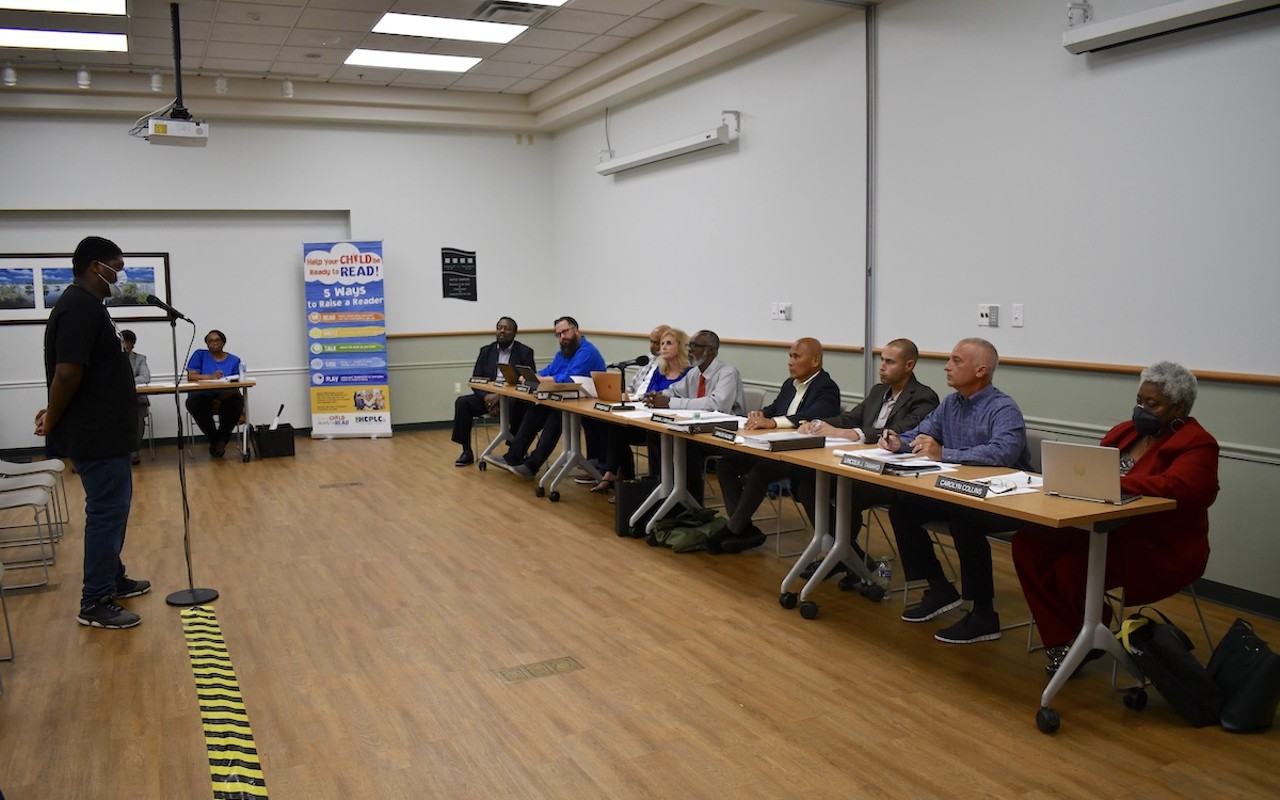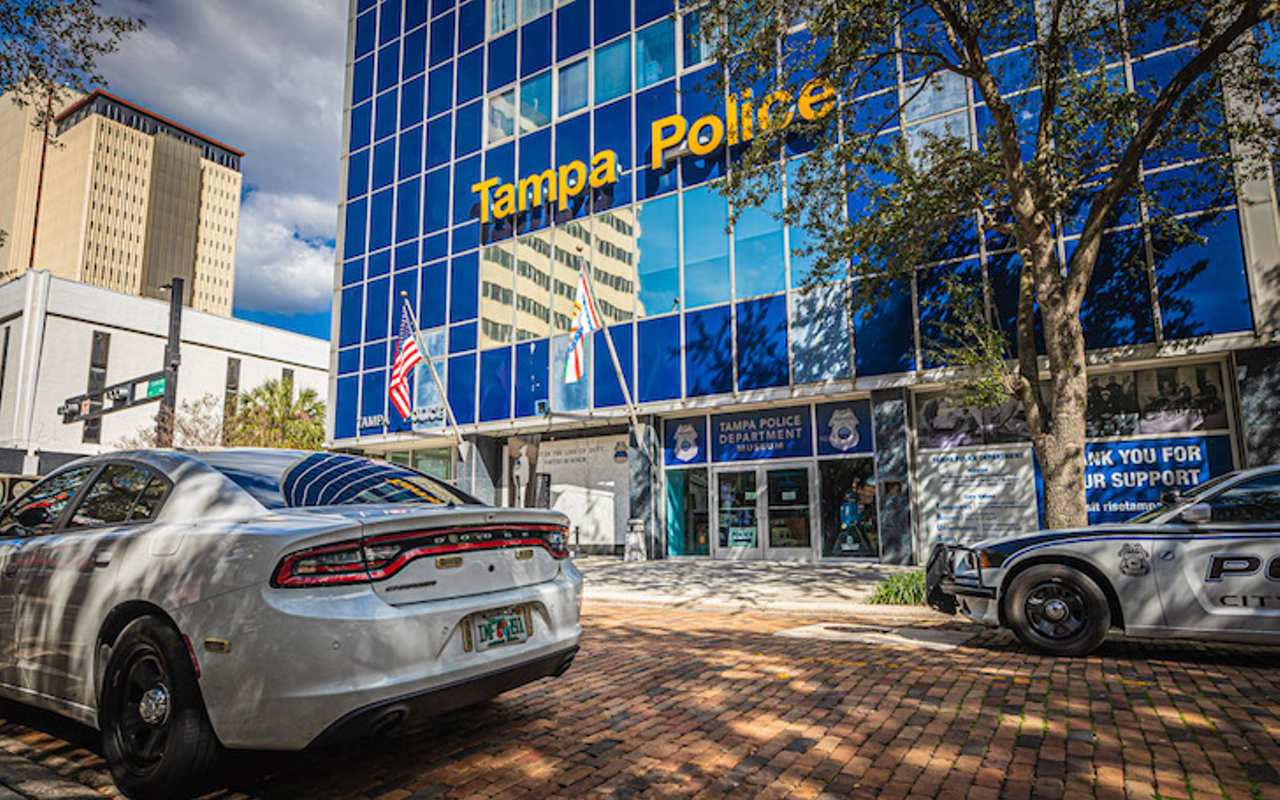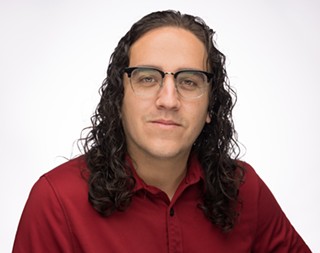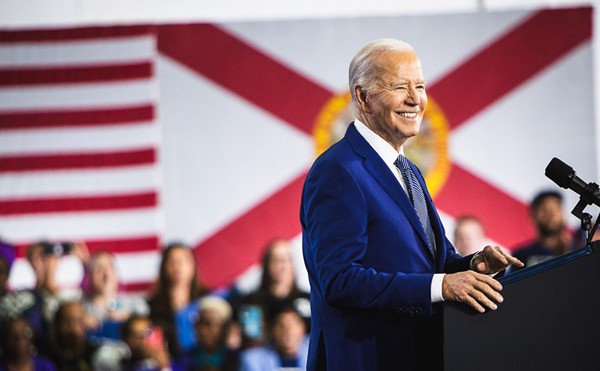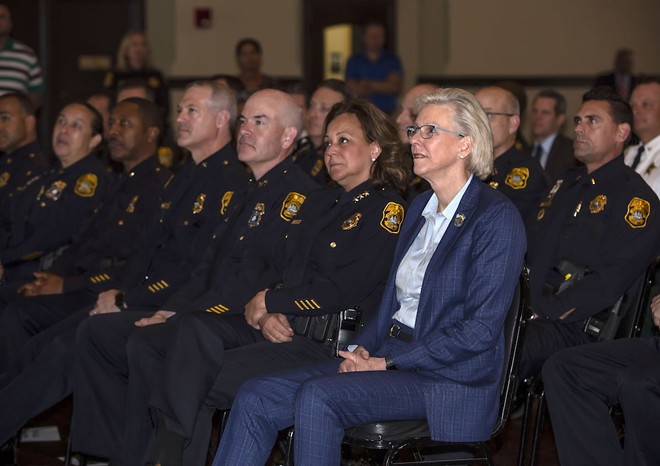
Tampa's police chief is holding meetings with city council members to speak against letting the voters decide on whether the Police Citizen Review Board (CRB) should have more tools to review police misconduct.
Most of the meetings happened last Friday and at least one more is taking place today, the day before the Charter Review Workshop is scheduled for tomorrow morning at City Hall.
At that meeting, council is set to vote on whether they should create an ordinance that would allow voters to have their voices heard on two important potential CRB changes in the March election.
But TPD Chief Mary O'Connor and Senior Assistant City Attorney Megan Newcomb have already met with council members to speak against council approving the issues going to the voters, several council members have confirmed.
One potential change would give the CRB an independent attorney instead of using a city attorney, which the ACLU says is a conflict of interest. Another change would let the CRB have subpoena power to gather its own evidence when reviewing police misconduct, rather than just relying on the word of TPD's internal affairs department.
That same month, city council also voted that the city should move forward with letting voters decide, but now they're receiving pushback from TPD and Mayor Jane Castor's administration.
Councilwoman Lynn Hurtak said she thinks that citizens having the right to vote on issues that are important to them is crucial.
"Nobody should deprive voters the right to determine how their government works, be it their elected state attorney, whether to implement a surtax for transportation, or the manner in which government agencies like the police are held accountable," Hurtak said in a written statement to Creative Loafing Tampa Bay.
Councilman Orlando Gudes said that he was approached by O'Connor, just like Hurtak was. He said he's willing to hear what both sides have to say tomorrow, but that he ultimately puts his trust in the citizens of Tampa. "The people know what's best for them and what they want from their city," Gudes told CL.
Councilman Bill Carlson said that in order to address the CRB and other issues within the city, overreach from the city attorney's office needs to be confronted during tomorrow's meeting.
"The underlying issue is that the city attorney's office in the past has acted as the judicial branch of the city rather than as a city department, as defined by the charter," Carlson said. "The most important thing we need to do is to tweak the charter's description of the city attorney to ensure objectivity for all the city attorneys clients, which includes city council and the public."
"But that's not true," Carlson said. "The charter clearly says the city council does have subpoena power. So if we don't modify the charter to to ensure objectivity from the city attorney's office, it doesn't matter what else we pass."
Councilman Luis Viera said he'd decide on the subpoena power issue tomorrow, but added that he's been advocating for the CRB to have an independent attorney for years.
Multiple council members told CL on background that O'Connor tried to claim that the people pushing for more transparency from TPD are fringe groups. Last Sunday, in response to a press conference by Tampa Bay Community Action Committee, the NAACP and the ACLU, Tampa's Communications Director Adam Smith told WFLA that they are a "small but vocal group of defund-the-police activists."
But local activist and attorney James Michael Shaw Jr. said that the facts show that what Smith says is just not true.
"The NAACP and ACLU are not fringe groups, as far as I know," Shaw told CL. "And in a poll conducted by the ACLU, 82% of respondents said they'd like to vote on the potential changes. That is not a fringe group."
Yvette Lewis with the Hillsborough NAACP wondered why TPD and Mayor Castor's administration would want to stand in the way of people exercising their democratic rights.
"Let the process play out," Lewis said. "Let the people's voice be heard."
CL reached out to TPD and the city to ask if they felt that taxpayers, who fund the police, should be able to vote on this issue. And if the city believes in citizen's rights to vote, why is the city campaigning to interfere with voters deciding?
“Standing meetings with every Tampa City Council member to discuss important issues and share input on behalf of the police department are a weekly occurrence for TPD executive staff members and not out of the norm," an unnamed person from TPD's Public Information Office (PIO) wrote in an email. "Your accusation of attempts to ‘interfere with voters deciding’ is untruthful and an attack on the character of those working hand-in-hand everyday with our council members, Citizens Review Board and many entities of our city to protect and serve residents.”
When TPD's PIO was reminded that multiple council members have confirmed that the point of the meeting with O'Connor was specifically to convince council to not allow the public vote on the issues, and asked if TPD wanted to revise its response based on the confirmed input from council, TPD said the statement would remain the same.
Shaw Jr. pointed out a glaring problem with the police chief campaigning to stop people from being able to vote on the issues.
"TPD and the police chief are using taxpayer funds that pay their salaries to go around and try to ensure that the taxpayers won't have a chance to vote," Shaw Jr. said.
In response to a CL story about the upcoming vote last week, Communications Director Smith argued that the subpoena power could be harmful.
"This subpoena power proposal would not give the CRB authority to subpoena police officers, and why would you give an unelected, volunteer board the power to force any resident of Tampa to appear, testify, and produce personal text messages, emails and videos under the threat of civil or criminal penalties?” Smith wrote in an email.
Smith called it an extreme step that "would threaten the civil liberties of our neighbors, family and friends" and amount to a vote of no confidence in an outstanding police department that has "an overwhelmingly positive community relationships."
But Shaw Jr. told CL that lawyers issue subpoenas to witnesses every day in civil and criminal cases. Tampa’s Human Rights Board, Civil Service Board, and Code Enforcement Board are all unelected volunteers whom the City allows to issue subpoenas.
"It’s only when we’re talking about holding police accountable that the City pretends they’re threatening and extreme," Shaw Jr. said.
He pointed out that CRBs in Miami, Miami-Dade County, Key West, Orange County, and Broward County can all obtain testimony and evidence with subpoenas. The municipalities did this in order to increase trust between law enforcement and the public.
"Courts and boards and legislative bodies sometimes need to hear evidence or testimony from witnesses to make the right decisions, and most witnesses aren’t Steve Bannon; they get subpoenaed to testify and they show up and tell the truth," Shaw Jr. said. "It’s alarming that anyone finds that threatening."
Tomorrow's meeting is just the latest development in the ongoing saga of Mayor Castor's administration avoiding more transparency for local police.
Last year, Castor, a former TPD police chief, stood firm against subpoena power for the 11-person review board which is made up of five Castor appointees, five people appointed by city council, and one appointed by the Hillsborough NAACP.
“TPD moving to intimidate city council and block the voice of Tampa voters is bizzare and un- Democratic," David Jones of the Tampa Bay Community Action Committee wrote in an email.
Jones said that TPD is scared that allowing the people to vote on a power that allows for further transparency will shine light on "the countless coverups, controversies, and constant harassment the department does to everyday citizens."
"If police morale drops when accountability rises, that just means the cops aren’t behaving appropriately," Jones wrote.

